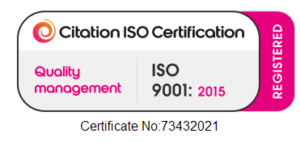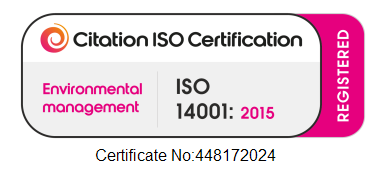SO, the dust has settled on another All-Ireland campaign by the Tyrone men’s senior team. From the last gasp point in Meath to keep the dream alive, through a nail-biting semi-final with Monaghan to a valiant effort against Dublin in the decider.
Despite a sizeable lead in the first quarter, Tyrone were ultimately reeled in by the Dublin juggernaut and another milestone in the drive for five was achieved. Now, as expected, there was plenty of picking through the bones after the event. What went wrong, who was to blame, what could have been done better and all sorts of rear view mirror wisdom was dispensed by pundits from the studio, the training ground and the barstool.
They have better forwards than us. They get too much money. They are fitter. They get to play at Croke Park all the time. Our shot selection was poor, our players made too many unforced errors, our tactics weren’t right (although given both Mr Brolly and Mr McGuiness had proposed such vastly different tactical approaches beforehand it’s hard to see what Mickey Harte could have done to please the pundits). Yada, yada, yada ad infinitum.
The key to moving forward, however, is to step back and understand the difference between what be controlled (and subsequently changed) versus what you have zero influence over and should just ignore.
Look at the key words: ‘They’ and ‘Our’. Are the Dubs better athletes? Maybe. Can Tyrone make them worse athletes? No, but Tyrone players can improve their own fitness. Can Tyrone players influence how skilful a Dublin forward is? No, but they can improve their own abilities. Did Tyrone too many shots from the wrong angle or distance? Possibly, but that’s correctable. Were the tactics wrong? Maybe, but that’s with the Tyrone management team gift to change. Do the Dubs get too much money? Many would say they do. Can the average Tyrone supporter so much about that? No, but they can help with fundraising efforts.
It’s the same in business. Why waste time on things you cannot control and then get frustrated? More often than not you can’t determine who you work with, but you can control how you work with them.
Can you control what someone says about you at work? Ultimately, no you can’t. You can however choose how much you let that affect you and how you respond to it. In turn you can also determine how you speak to, and about, other people.
You might not be able to control the volume of work you receive each day, but you can control your attitude to it. You can put the effort in or you can choose to be lazy. You can treat each task as a separate entity or you can let the success or failure of your previous work affect the next piece.
You can learn from mistakes (and successes) and apply that moving forward or you can choose to ignore previous lessons. You can control the attention to detail you show or how attentive you are in meetings. Your punctuality, your appearance: that’s all controllable for the main part. You control what you share with others and what you keep to yourself. You have the ability to say yes or no.
And remember, unless you have a DeLorean and a flux capacitor, you can’t change the past. Don’t get too fixated on what you could have done, what you should have done or what you would have done. Learn from history, certainly, but don’t live in it. Focus on the next ball coming in and what you can do in the here and now.
Source: Irish News










